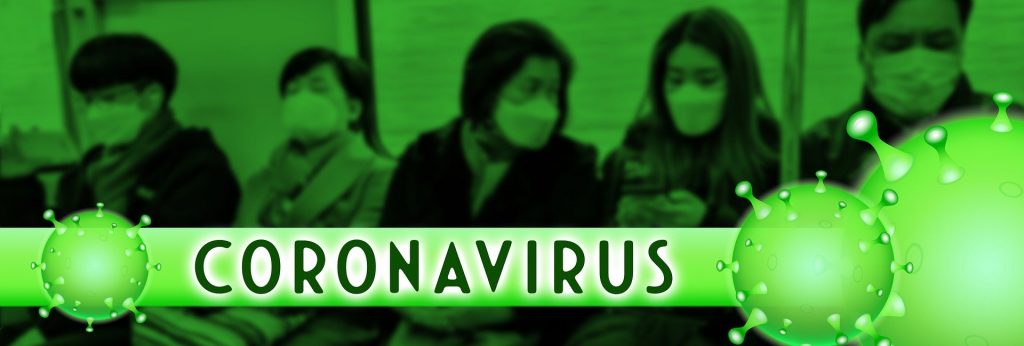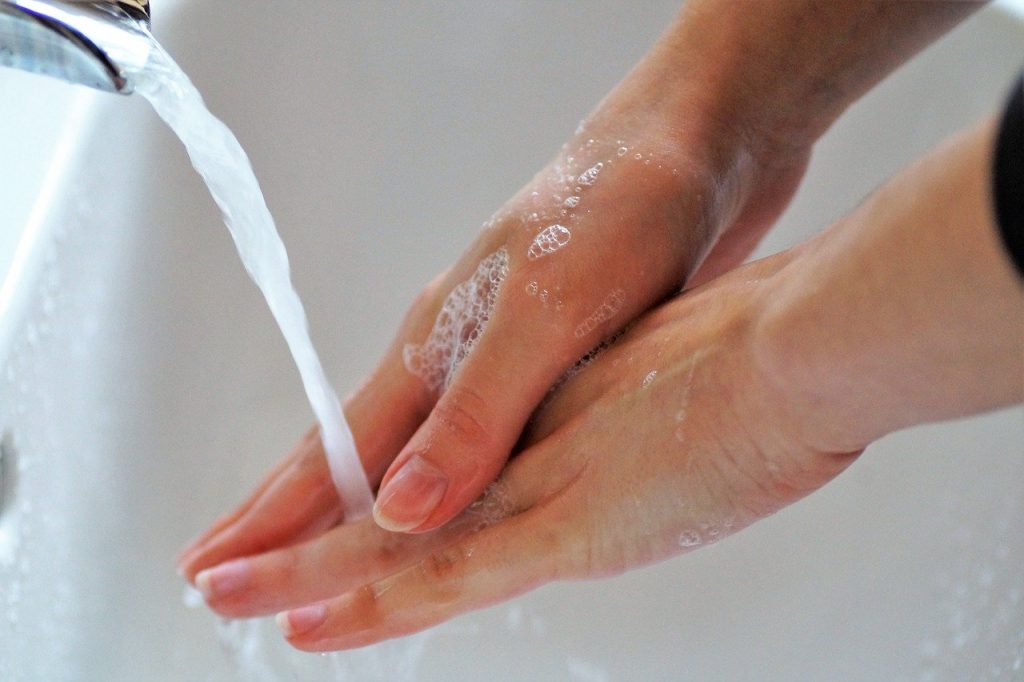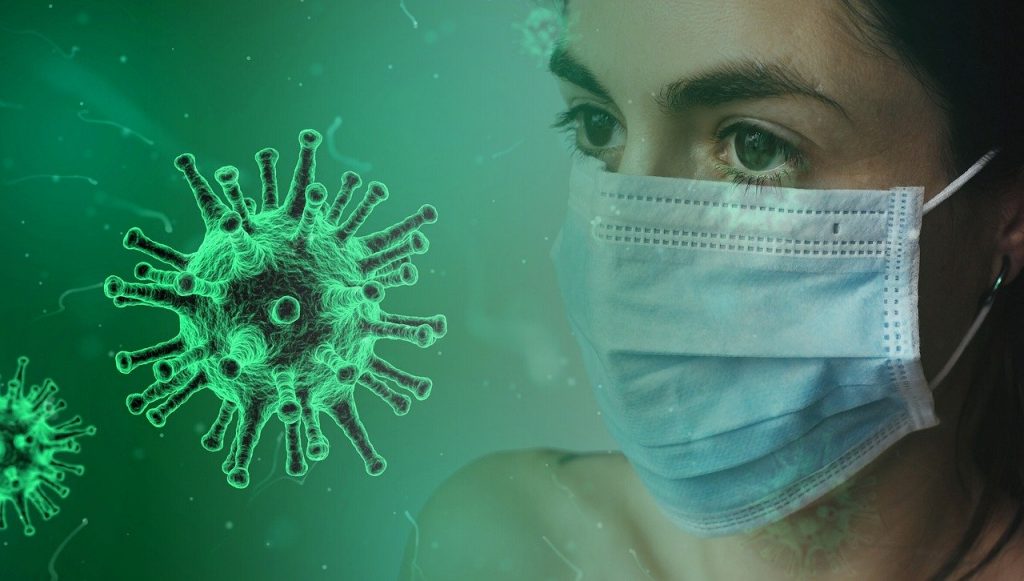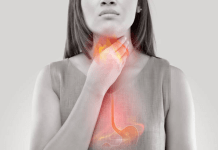How To Protect You And Your Family From The Corona Virus…

As of March 11th, 2020, the Corona Virus (COVID-19) has been recognized as a worldwide pandemic. We have known about the virus ever since it hit China in Dec 31st 2019. But now that it is more widespread, you absolutely need to protect yourself, and your loved ones.
Identifying symptoms of the virus, too, is important. So that you can get the help you need, and to help avoid infecting your family members, and others.
Don’t Panic
It is important for you to stay calm and focused on reality. Day to day. While this situation, and the word pandemic are very scary, panic only minimizes our ability to think rationally.
One of the best ways to curtail or ease panic, is with the right knowledge and awareness, at the right time.
Preparation:
First, we will talk about what you need in order to prepare for this pandemic?
- The main thing you might face is prolonged periods of quarantine. This has happened already in China, Italy, Spain and the USA. And the UK is currently in lockdown and will remain so for the next few weeks or more?
- In the case of quarantine, you will have to stay inside your home. Where you might even have to self-isolate, if you have the virus?
- According to the Center for Disease Control (CDC) there are some key things you can do to prepare (just in case):
- “Create an emergency contact list.” This should include emergency contacts for neighbors, friends, family, your health care team, employers, schools and your local health department.
- “Learn about your employer’s emergency operations plan.” Find out exactly what your plan covers as to sick leave, work from home possibilities and how your employer plans to deal with this current outbreak.
- Most important, stay informed, look to credible sources for information about COVID-19 and reject gossip and hype, which will only propagate panic and anxiety.
How To Protect You And Your Family From The Corona Virus?
Precautions:
Let’s talk about what you can do to prevent getting the virus in the first place.
According to the Center for Disease Control (CDC), clean your hands often for at least 20 seconds each wash. Definitely wash your hands after blowing your nose, coughing, or sneezing, or having been in a public place.

If you have been shopping for food items it would be a good idea to wash your hands soon afterwards. Only because someone else has handled that item during re-stocking of the products in the shop or supermarket.
If hand soap and water are not available, to wash your hands, use a hand sanitizer that contains at least 60% alcohol. A good quality hand soap and water are better than hand sanitizer if they are available, so please don’t stock pile hand sanitizer.
Clean your home well if you can. Or get help if you have difficulty. And try to maintain cleanliness and hygiene to minimize the chances of catching the virus.
The CDC precautions continue, saying whenever possible avoid touching surfaces in public areas that are touched by many people. Such as doorknobs, handrails, and elevator buttons etc. Handshakes need to be postponed for now. You can use your sleeve or a tissue when you touch these surfaces outside.
Please refrain from doing so as much as you can though. Because that is a fast way to pick up a germ or virus. Remember to wash your hands right after contact.
Stay away from anyone you know who has a cold or flu symptoms. The World Health Organization recommends at least a 2 metre distance away from someone who is coughing or sneezing. The 2 Metre Rule.
According to World Health Organization (WHO), you should follow safe respiratory hygiene. When sneezing or coughing, make sure to cover your nose and mouth with either a tissue or handkerchief. Throw away all tissues right after use. This is because droplets spread virus by way of spores.
Both the WHO and the CDC advise that if you are sick, stay home. Even when you don’t know if it is Corona Virus or just a cold, it is better to stay home until you feel well again.
According to a medical professional who spoke with CNN on March 10, 2020, a 6-foot distance between people is a safe bet.
Dr. William Schaffner, an internist and infectious disease specialist from Vanderbilt University told CNN on March 9, that the elderly and those with existing compromised health are best served by staying away from crowds, so for now postpone going to concerts, of all kinds, and other places where large crowds gather in small spaces.
As of March 11, 2020, the authorities recommend not gathering in large crowds of 500 or more for everyone, hence the cancellation of sporting events around the world, including March Madness, the closing of Disneyland and the cancellation of various conventions. Respiratory infection spreads faster in poor ventilated areas and closed in settings.
Who Is At Highest Risk?
Older adults (Over 60) and those who have existing medical conditions including, lung disease, heart disease and diabetes will suffer the most and have the highest mortality rate if infected, according to the CDC.
The director of the CDC’s National Center for Immunization and Respiratory Diseases, Dr. Nancy Messonnier says, the highest risk of COVID-19 is for those over age 80 who have other medical conditions.
If you or someone you know fits into a high risk category, stock up on groceries and any required medications. Leave enough space between you and others. Do well to avoid crowds of people and limit travel.
Wash your hands properly and your house often, and stay home as much as possible during the current lockdown period.
How To Protect You And Your Family From The Corona Virus?
What Are The Symptoms?
Normal Symptoms:
The CDC lists the following symptoms to look for, which are much like a cold:
- Fever
- Continuous Cough
- Shortness Of Breath
If you have the normal symptoms, call your health care provider for an evaluation.
Emergency warning signs:
- Difficulty breathing or shortness of breath
- Persistent pain or pressure in the chest
- New confusion or inability to arouse
- High Temperature
- Bluish face or lips
- Loss of taste and sense of smell
If you experience the emergency warning signs, seek medical assistance immediately.
(Source: https://www.cdc.gov/coronavirus/2019-ncov/about/symptoms.html)
What To Do If You Have Symptoms?
Obviously, if you have been in contact with someone who has been diagnosed with COVID-19, or you have the symptoms yourself you should self-isolate for 7 days.
After 7 days:
- If you don’t have a high temperature you will not need to self-isolate any longer.
- But if you do still have a high temperature after 7 days please continue to self-isolate until your body temperature returns to normal.
- The need to self-isolate is not necessary if you just have a cough after 7 days.
- A cough can continue on for a little while, even after the infection or virus has left you.
What To Do If You Live With Someone Who Has The Symptoms?
If you reside or live with someone who has symptoms of the Corona Virus you will need to self-isolate for 14 days. Your self-isolation starts from the moment their symptoms started.
This is simply because it can take 14 days for the symptoms to appear or become noticeable to you. So when you see them you know there is no mistake.
If there is more than 1 person at home who has symptoms, then self-isolate for 14 days from the day that the 1st person showed signs or symptoms.
How To Protect You And Your Family From The Corona Virus?
What To Do After Self-Isolating?
Self-isolating through the virus only takes a short time before the body returns back to what was normal. The recovery process can be 14 days minimum, or more. Depending on the recovery ability of each individual person.
The high body temperature reduces and the continuous cough gradually leaves you and the breathing gets back to normal.

This virus or (pandemic) and how it effects each individual is uncharted territory. It’s new and never seen before. It appears to attack victims in seemingly different ways. Both young and old.
Viruses are not particularly choosy when seeking out their next victims or host. It’s just a germ, and in this case a very nasty, infectious one that just wants to replicate or breed at will.
The virus wants to survive just like any other and it will continue to survive if you let it. But by forcing a lockdown for a period of time, and people following the 2 Metre Rule the virus’s life can be cut drastically short.
Other measures like the ones we have all seen recently, like stopping large gatherings of people or crowds from forming will stop the pandemic from spreading.
More Information and Resources:
- General hygiene and cleanliness along with correspondence with your health care provider will go a long way.
- Wash your hands for twenty seconds often, especially after touching things many others have already touched.
- Clean your house regularly, especially very often used surfaces.
For more information on COVID-19, consult the CDC at https://www.cdc.gov/coronavirus/2019-ncov/index.html.
World Health Organization – https://www.who.int/emergencies/diseases/novel-coronavirus-2019
NHS Online Coronavirus COVID-19 – https://www.nhs.uk/conditions/coronavirus-covid-19/

















